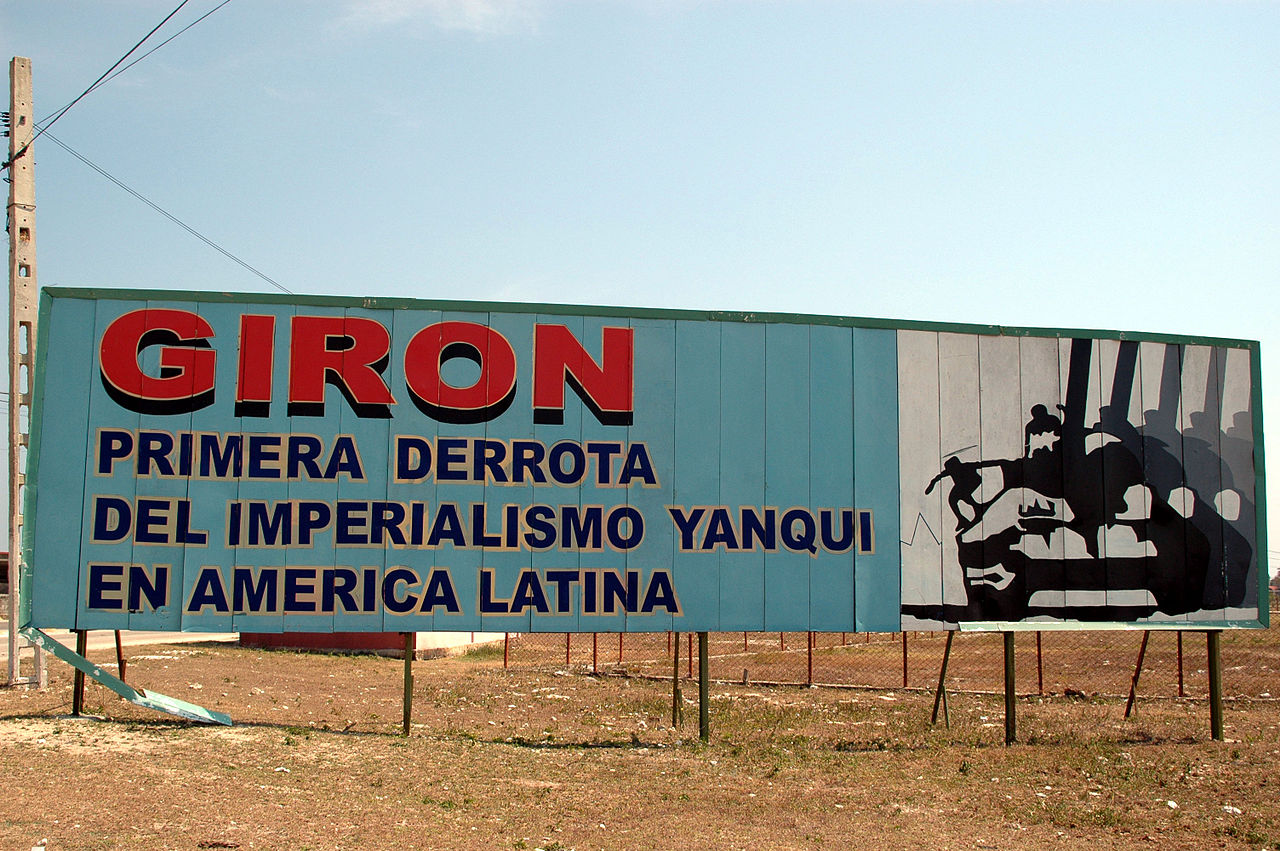
So Long Solo
Fidel Castro outlasted 10 American presidents and managed to give the Caribbean island a leading role in world geopolitics. But how Did Fidel Castro Hold On to Cuba for So Long? It was thanks to a combination of geography, charisma, and authoritarianism, says Peter Kornbluh, co-author of the recent book Back Channel to Cuba: The Hidden History of Negotiations Between Washington and Havana, which chronicles the countries’ history of discord and long path to normalized relations.
Fidel Castro outlasted 10 American presidents and managed to give the Caribbean island a leading role in world geopolitics. But how Did Fidel Castro Hold On to Cuba for So Long? It was thanks to a combination of geography, charisma, and authoritarianism, says Peter Kornbluh, co-author of the recent book Back Channel to Cuba: The Hidden History of Negotiations Between Washington and Havana, which chronicles the countries’ history of discord and long path to normalized relations.
“Fidel had the luxury of Cuba being an island, and him being able to let many of the people who might organize against him simply leave or flee the island. Over the course of a number of years there were repeated immigration crises. Fidel opened kind of an escape valve for tens of thousands of people to leave—very dangerously of course, many times, like the Balsero crisis—and many others have simply left Cuba. But of course the vast majority of Cubans stayed, and some of them benefited tremendously from the revolution. Others did not.”, says Kornbluh, one of the leading historians of U.S.-Cuban relations, in an interview with The Atlantic published this weekend.
Knornbluh is a lifelong advocate of normalized relations, out of the belief that the decades of hostility that only recently began to thaw served neither the United States nor the Cubans still waiting for the blessings of liberty.
Read the whole interview in The Atlantic.











LEAVE A COMMENT:
Join the discussion! Leave a comment.